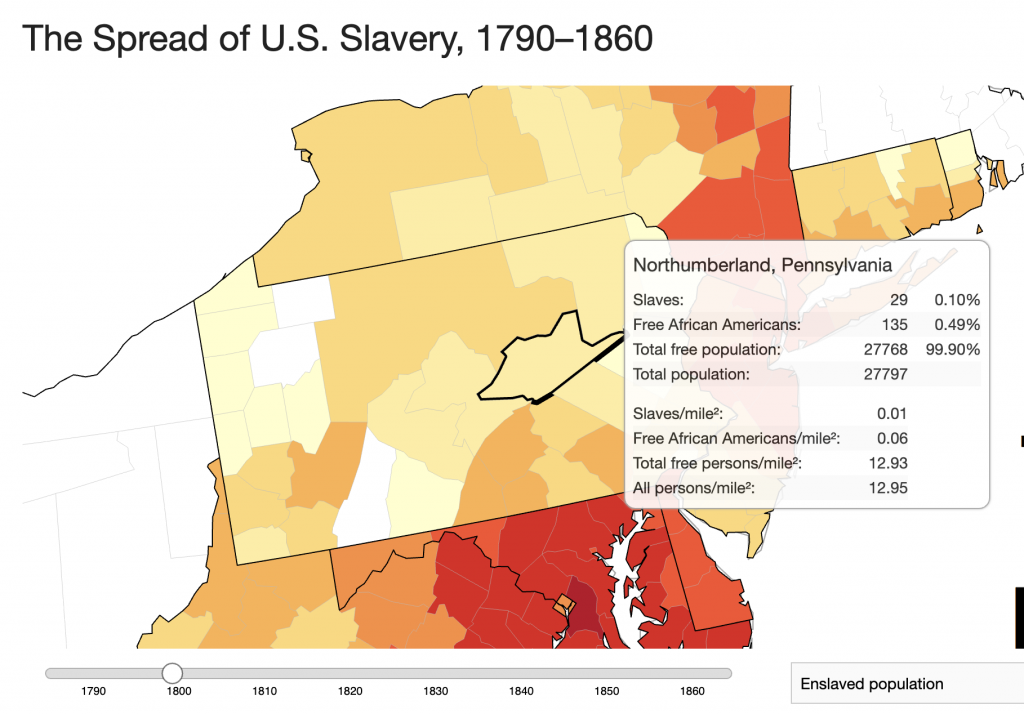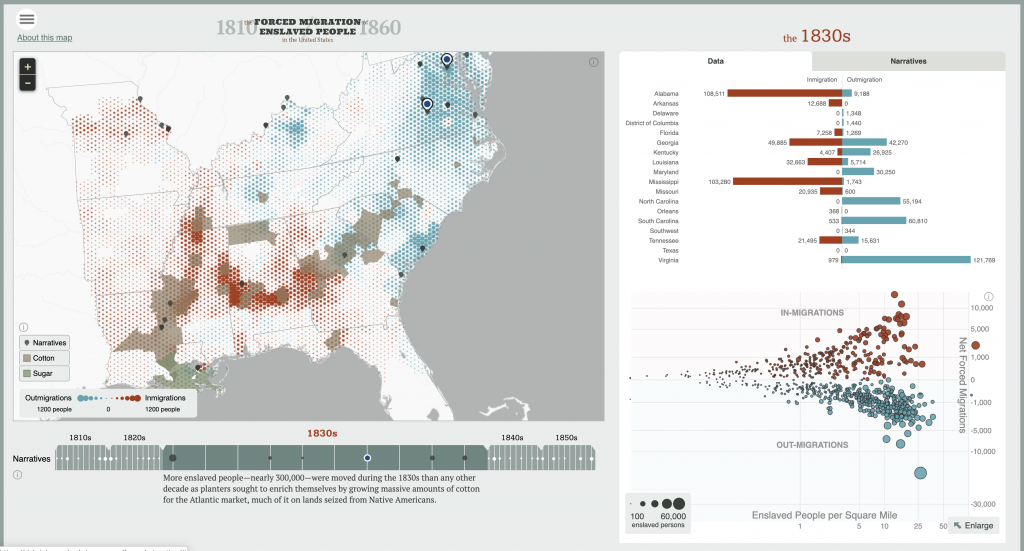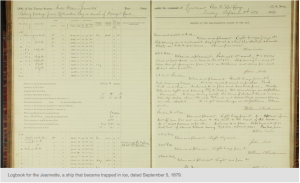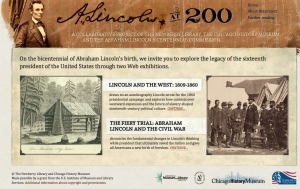





Micki Kaufman describes her project:
“This project is an application of ‘big data’ computational text analysis techniques to research the Digital National Security Archive (DNSA)’s recently released Kissinger Collections, comprising approximately 17500 meeting memoranda (‘memcons’) and teleconference transcripts (‘telcons’) detailing Kissinger’s correspondence during the period 1969-1977: it is a first effort at ‘Diplonomics’.
The declassification of  the Kissinger material by the State Department and the hosting of that material on the DNSA’s Kissinger Collection web site therefore presents an opportunity and a challenge for historians. While having this large volume of information online for researchers is valuable, the restriction to a web-based ‘search’ interface can render it of limited use to researchers. The application of more sophisticated computational techniques permits a comprehensive analysis of the historical records of the Kissinger collection at the DNSA, and facilitates meaningful historical interpretations.”
the Kissinger material by the State Department and the hosting of that material on the DNSA’s Kissinger Collection web site therefore presents an opportunity and a challenge for historians. While having this large volume of information online for researchers is valuable, the restriction to a web-based ‘search’ interface can render it of limited use to researchers. The application of more sophisticated computational techniques permits a comprehensive analysis of the historical records of the Kissinger collection at the DNSA, and facilitates meaningful historical interpretations.”
Taken from http://blog.quantifyingkissinger.com/
(project description from the Overview page): “Many of the Austen manuscripts are frail; open and sustained access has long been impossible for conservation and location reasons. Digitization at this stage in their lives not only offers the opportunity for the virtual reunification of a key manuscript resource, it will also be accompanied by a record in as complete a form as possible of the conservation history and current material state of these manuscripts to assist their future conservation.”
This digital edition incorporates facsimiles of manuscript pages written in Jane Austen’s own hand. It demonstrates how frail paper documents can be digitized and transcribed in a side-by-side transcription environment.
Why should we be interested in old ship’s logs? Well this site reveals how the detailed  records kept about weather in ships’ logs can help give us information about climate change. Listen to this radio segment on the site, interviewing the transcribers of the logs.
records kept about weather in ships’ logs can help give us information about climate change. Listen to this radio segment on the site, interviewing the transcribers of the logs.


About the Project
(excerpted from project website)
Lincoln at 200 is a collaborative project of the Abraham Lincoln Bicentennial Commission, the Chicago History Museum, and the Newberry Library. The Institute for Museum and Library Services has generously provided funding for this Web exhibition as part of a series of initiatives to commemorate the Lincoln bicentennial. All three institutions collaborated in planning public programs in Chicago for the bicentennial year. Eileen Mackevich, executive director of the Abraham Lincoln Bicentennial Commission, initiated the discussions that led to this collaboration. We are grateful to her and to Jennifer Rosenfeld, deputy executive director of the Bicentennial Commission, for their energetic and collegial participation in this initiative.